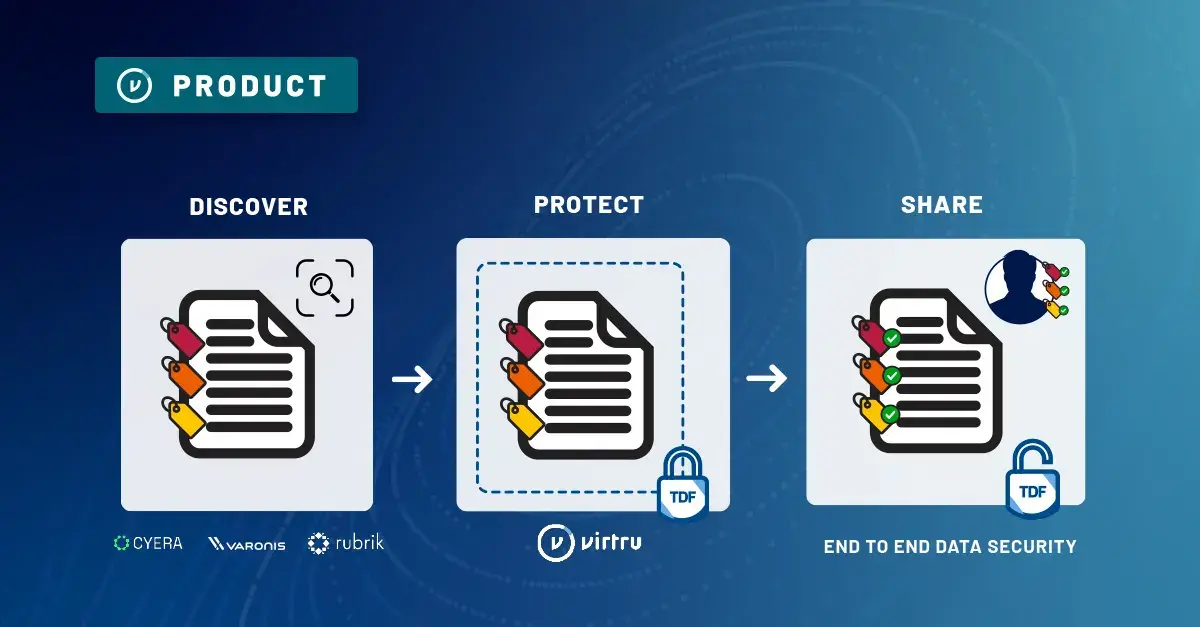In the cybersecurity industry, we occasionally see reports that create more heat than light.
Recently, our competitor Paubox published a white paper highlighting encryption issues with Microsoft 365 and Google Workspace.
While they identified some genuine concerns about TLS implementation, their proposed solution misses the mark on what truly robust email security should look like.
Looking Past the Alarm Bells
The Paubox report correctly identifies that:
- Google Workspace still accepts outdated TLS 1.0/1.1 protocols.
- Microsoft M365 may send unencrypted emails when TLS negotiation fails.
- Neither platform adequately alerts users when encryption downgrades.
These findings aren't wrong - but they're also not new revelations to security professionals. The real issue isn't about which version of TLS is being used. It's about the fundamental limitations of TLS itself.
The Inherent Problem with TLS-Based Solutions
Transport Layer Security (TLS) was designed to be a "secure pipe" - protecting data only while in transit. This creates several critical vulnerabilities:
- No protection at rest: Once an email reaches its destination, TLS protection ends completely
- Server dependency: Protection depends entirely on the recipient's mail server configuration
- No persistent controls: You can't revoke access, set expiration dates, or track forwarding
- Silent failures: When TLS fails, messages typically deliver anyway - unencrypted and unprotected
This is why at Virtru, we've always maintained that TLS alone is a baseline standard - necessary but insufficient for organizations with serious security and compliance requirements.
Recommended Reading: TLS vs. End-to-End Encryption: What’s the Difference?
TDF: The Gold Standard That Solves the Real Problem
The Trusted Data Format (TDF) takes a fundamentally different approach by encrypting the data itself, not just the transport mechanism. This creates several critical advantages:
- End-to-end encryption: Data remains encrypted throughout its entire lifecycle
- Transport agnostic: Security persists regardless of how the data is transmitted
- Persistent protection: Controls remain with the data wherever it goes
- Granular access policies: Set expiration, revoke access, and maintain audit trails
- Zero recipient friction: Recipients can access encrypted emails with no complicated setup
Recommended Reading: TLS vs. TDF: Base vs Gold Standard for Data Security
Why This Matters to Security Leaders
While hyperbole, hoopla, and half-truths might generate leads, they won't equip customers with best-in-class standards for email encryption the way TDF and Virtru do. Simply stated, IT and cybersecurity buyers with budget can smell malarkey a mile away - and they are NOT fans of vendor hyperbole and half-truths. They prefer straight talk and facts about unique capabilities like those offered by TDF.
The reality is that while everyone is arguing about TLS versions, smart security leaders have already moved beyond transport encryption alone. They recognize that:
- Compliance requirements are intensifying. Standards like CMMC, ITAR, and HIPAA demand controls that TLS simply cannot provide
- Zero-trust security demands data-centric protection. Security that depends on the transport mechanism contradicts zero-trust principles
- Data mobility requires persistent protection. When information leaves your environment, TLS protection ends
Moving Forward with Confidence
At Virtru, we've always believed in providing solutions that solve the real problem, not just treating symptoms. While our competitors focus on band-aid fixes to TLS implementations, we invite you to explore what true end-to-end encryption can do for your organization.
The bottom line: TLS is the minimum standard. TDF is the gold standard. And in today's threat landscape, the minimum is rarely enough.
Want to learn more about how TDF can transform your email security posture? Contact our team for a demonstration of Virtru's data-centric approach to encryption.
/blog - Paubox report and hyperbole/paubox-whitepaper-tdf-vs-tls_V2.webp)
/mike-morper-01.webp)
/blog - series D funding/25-Funding-Commentary.jpg)

/blog - congress bans whatsapp/congress-whatsapp-ban.webp)


/blog - Washington Post Breach/wapo-breach-blog.webp)
/blog - What a Marines Email Fame Teaches Us About Modern Data Security/email snafu marines.jpg)


/blog - educause 2025 roundup/educause-panel-blog.webp)